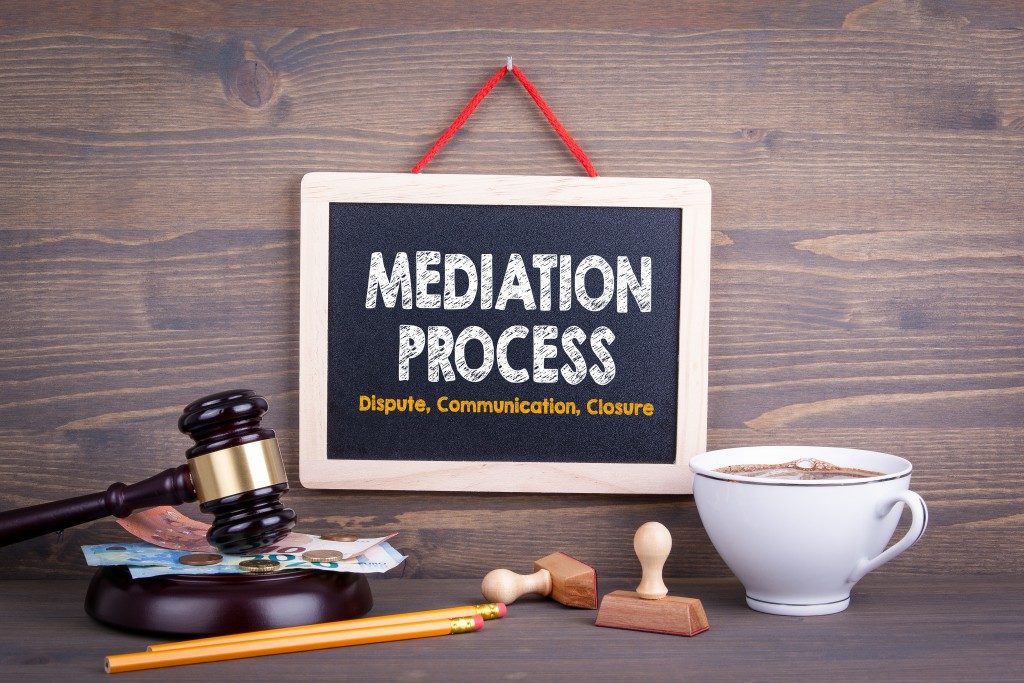 Disputes are a part of life: Not everyone is going to agree with you and you’ll not find everything agreeable all the time. Disagreements are common; some are resolved easily with a little talk and understanding. They can also add experience and wisdom to both parties.
Disputes are a part of life: Not everyone is going to agree with you and you’ll not find everything agreeable all the time. Disagreements are common; some are resolved easily with a little talk and understanding. They can also add experience and wisdom to both parties.
However, there are times when a resolution isn’t easily reached and that’s where arbitration and mediation services come in. More structured than an informal conversation between two parties but less tangled up with paperwork as a court system, these alternative dispute resolution methods work best with small yet still notable cases of disagreement or discontent.
Why consider these options?
The courts aren’t something that you can just walk into and ask for a ruling. Oftentimes, your local court is dealing with hundreds of cases, pending rulings, readings, resolutions, and potential court hearings. Sometimes, you don’t have the time or patience for that.
Arbitration and mediation are alternative ways of resolving a dispute. While you aren’t necessarily getting a strong form of a ruling as a court case will, it’s still a ruling that you can uphold and stick to in a higher court of law if required. In either case, it’s a record accessible to anyone in the future about the status of your case and how it was resolved.
So, what’s the difference between the two?

Alternative dispute resolutions often work on a system of making sure both parties have a valid platform to air their grievances and an environment where a resolution or agreement can be reached.
Lawyers specializing in this field will generally recommend mediation as the first approach. This can be anything as simple as arranging a face-to-face meeting with the other party to discuss a settlement that can be agreed on by both parties. Since this relies more on a discussion rather than argumentation, the lawyer will only be present to help the two reach a resolution, rather than passing a ruling that both parties need to follow.
On the other hand, arbitration occurs right after mediation fails or isn’t possible for some reason. It is usually necessary in cases where the parties involved find their differences or conditions too irreconcilable to accept, and therefore need a ruling on how to resolve the dispute. With this type of resolution, the lawyer is more proactive, perhaps asking for paperwork or proof of one side or the other in order to release a ruling that both parties must agree to follow.
While no one will certainly go out of their way to pick a dispute for no reason, the fact is that there can occasion where a disagreement needs to be settled with the help of a third party. Arbitration and mediation are among the best ways to do so—at a pace that is faster yet doesn’t stretch anyone’s budget. As much as possible, always go for the peaceful way of settling disputes. If you think your rights are being ignored or put on the line, be prepared for a more serious method of resolution.



